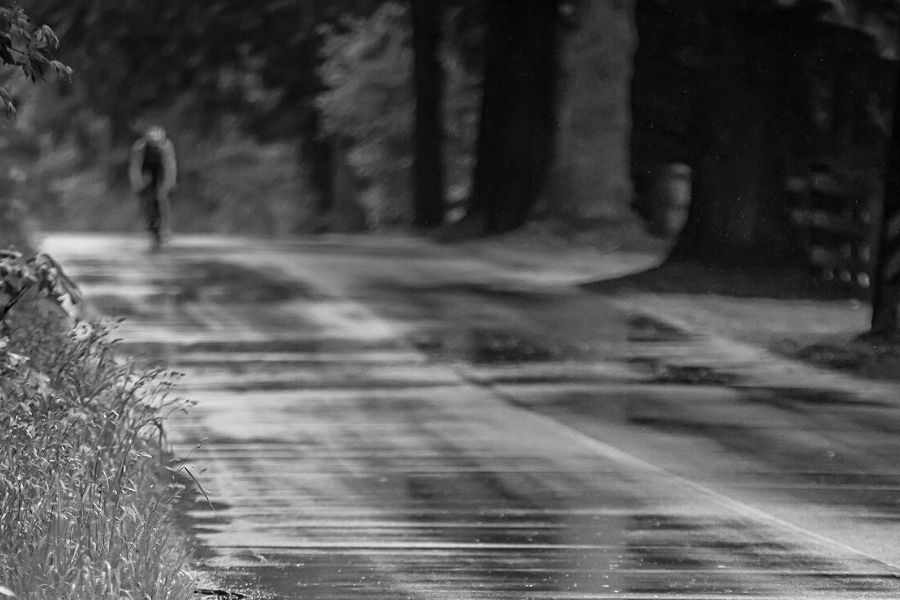
Mental Health Resources for Cyclists of All Levels
It’s darker, it’s colder and definitely wetter. As the season transitions from fall to winter, with shorter days and longer nights, it becomes increasingly harder to get outside to reap the physical and mental benefits of cycling. Compounded with the ongoing pandemic, recent extreme weather events, and the general stressors of everyday life, this could leave many of us prone to feeling depressed over the next several months.
According to the Canadian Mental Health Association, Seasonal Affective Disorder (SAD) is a type of depression that occurs most commonly in the fall or winter, during the change in season, though it could occur during spring/summer as well. Researchers have attributed lack of sunlight, decreased exercise, and eating habits as some of the causes of SAD which could lead to various negative physical, cognitive, behavioural, and emotional symptoms such as fatigue, hopelessness, withdrawal, guilt, and thoughts of suicide, just to name a few.
It is important to find ways to proactively support our mental health, or those of our loved ones, or anyone who is struggling and take positive actions to help adapt and cope with the experience.
One of the best things we can do is become better informed and better understand what we are dealing with. Below is a collection of resources and tools to help in supporting your well-being and mental health as we head into the winter season.
- HeretoHelp – Information About Seasonal Affective Disorder
- Wellness Together Canada – Free mental health resources, e-courses, online meditation classes, and apps.
- BounceBack Program – Free skill-building program designed for adults to manage low-mood, mild to moderate depression, anxiety, stress or worry.
- Stress Strategies – a problem-solving approach to help you learn helpful ways to respond to life’s stresses.
- Game Plan – Mental health resources for Canada’s national athletes (current and retired).
- Mental Health in Sport – Coaching Association of Canada’s free eLearning module to educate coaches about mental health (their participants and their own).
- Supporting Psychologically Distressed Athletes: Suggested Best Practices for Coaches
- Cycling Magazine – Eight strategies so off-season riding is less of a struggle by Oliver Evans
- Liv Cycling – 11 Tips for Beating Your Seasonal Depression Funk
We hope you find these tools and resources useful in helping manage mental health. If you or someone you know is in an urgent crisis, please call 911 or use the 24hr Mental Health Crisis Line at 1-833-456-4566 or text 45645. If it’s not urgent, contact your doctor or medical professional.
It’s helpful to remember that everyone has their own struggles, so treating each other with compassion can go a long way.
Be kind to each other. Be kind to yourself.
